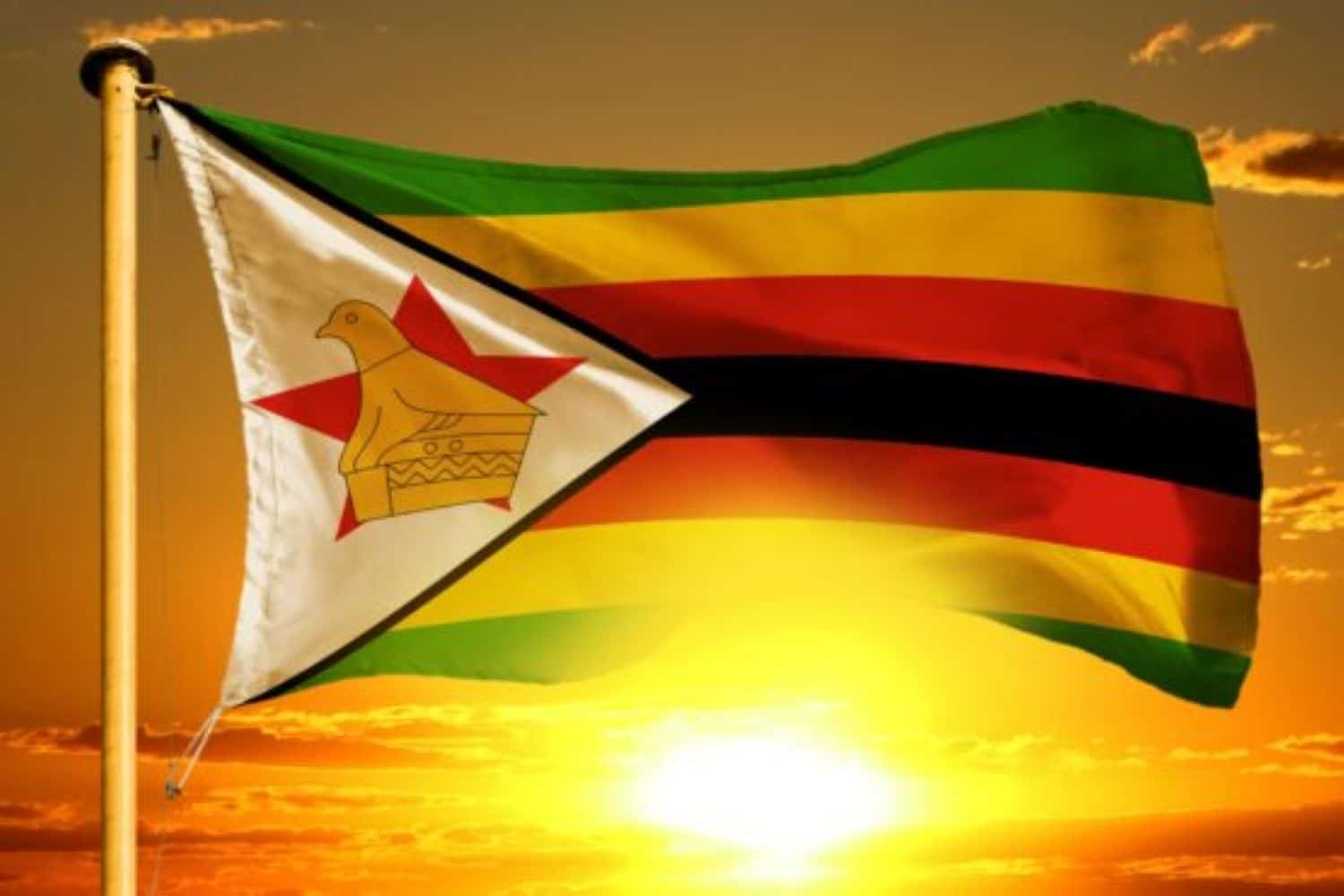While ramping up pressure on SA.

A new bill before the US Congress could see 25 years of sanctions against Zimbabwe reversed. This forms part of a US charm offensive in Africa to counter China’s growing influence on the continent.
This comes at a time when Washington is turning the screws on SA with 30% import tariffs, along with a bill before US Congress that, if passed, would mandate a full review of US-SA relations – including the possible sanctioning of government and ANC officials.
US President Donald Trump is awaiting a report listing SA government officials involved in corruption, human rights abuses, and support US adversaries such as Russia, China, Iran, and Hamas.
Sanctions, if they are applied, will likely target senior SA officials and could include financial restrictions, visa bans, and asset freezes under the Global Magnitsky Act. President Cyril Ramaphosa says he is aware of the bill but believes diplomacy will triumph in the end.
There was a time when the roles were reversed: SA was feted in Washington and Harare ostracised. That now seems to be changing.
ALSO READ: Zim on the brink: Analysts warn of political implosion and economic collapse
The Zimbabwe Democracy and Economic Recovery Act (Zidera) was passed by US lawmakers in 2001 during the tenure of former President Robert Mugabe, with the aim of ending human rights abuses and restoring democratic rule.
It isolated Zimbabwe from international financial institutions, which the ruling Zanu-PF party blamed for the country’s economic collapse. Zidera also targeted specific Zanu-PF members deemed responsible for election rigging, violence, and the breakdown of law and order, by imposing travel restrictions and freezing their assets abroad.
Zidera has been amended twice, most recently in 2018, to force the Zimbabwe government to compensate white farmers who lost their land in the country’s chaotic land reform programme.
Earlier this year, the government started compensating dispossessed white farmers as part of a $3.5 billion package agreed under the government’s 2020 Global Compensation Deed (GCD) pledge. Payments will be made for improvements to the land, not the land itself.
ALSO READ: US government sued in Gauteng High Court over Zimbabwe sanctions
Now, the US House of Representatives is debating a bill to repeal Zidera entirely, conditional on Zimbabwe settling the $3.5 billion GCD debt within 12 months – a tall order, given its existing external debt of about $13 billion.
“The proposed repeal of Zidera in 2025, after President Biden terminated executive order sanctions in 2024, is an opportunity for both the United States and Zimbabwe,” says Advocate Simba Chitando, director of the Zimbabwe Anti-Sanctions Movement.
“Harare and Washington could reset strained relations, build new economic ties, and mutually beneficial cooperation,” said Chitando.
“It would appear as though both the Zimbabwean and American governments are prepared for a new dawn, and it would be an exciting opportunity for the two peoples to do business and prosper,” he added.
The fact that Washington is even prepared to consider repealing Zidera – albeit with conditions – speaks to the undeniable economic boom in Zimbabwe, which has seen the economy growing at 6%, says Chitando. “It doesn’t make commercial sense for the United States to restrict itself from the Zimbabwean market by continuing to hold on to Zidera.”
ALSO READ: Why SA has 32.9% unemployment and Zimbabwe 8%
Zimbabweans aren’t quite celebrating yet, but commentary in the Zimbabwean press notes a welcome shift in Washington’s tone.
“For Zimbabwe, the prospect of Zidera’s repeal could mark a turning point in re-engagement with the international community, but only if it can demonstrate the political will and financial capacity to meet the new requirements,” notes one commentator.
If Zimbabwe is to meet the target of compensating white farmers within one year, this will place severe strain on its already overstretched finances.
This article was republished from Moneyweb. Read the original here.
Support Local Journalism
Add The Citizen as a Preferred Source on Google and follow us on Google News to see more of our trusted reporting in Google News and Top Stories.






